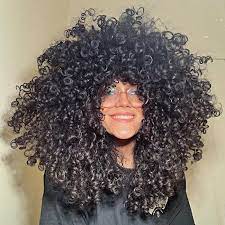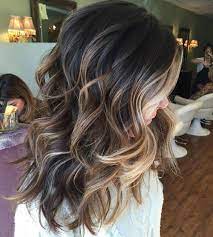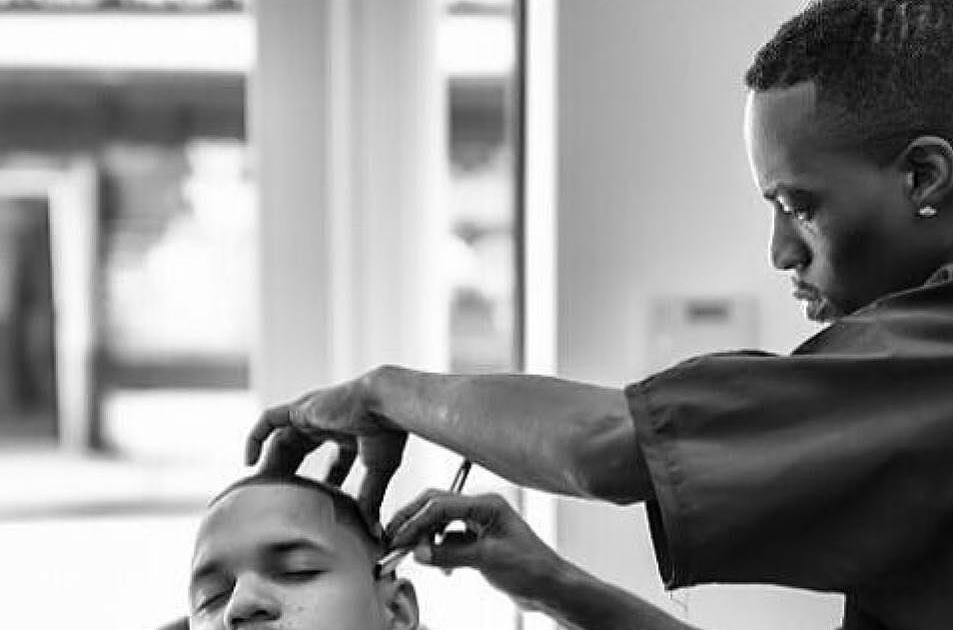
Curls
Curly hair comes in various forms and is unique to each individual. hair typing may provide a helpful framework, but it only applies to evsomeType 3b hair is characterized by tight, springy curls about the size of a pencil tip. In contrast, Type 4C hair has tight zig-zag coils resembling Sharpie markers. Type 4C curls require extra hydration due to their fragile nature.
Dryness
Curly hair tends to be drier than straight or wavy hair because sebum production struggles to travel down each strand. Without sufficient hydration, curls can become dry and lifeless. It’s essential to use quality products with hydrating elements, such as baobab oil, to restore moisture and shine.
Damage
Curly hair is prone to drying out over time, which can be worsened by heat styling. This leads to frizz, dull shine, split ends, and weak strands. To prevent damage, switch to curly hair-specific products that deep repair and hydrate. Use microfiber towels to minimize moisture loss and ensure regular deep conditioning sessions. Trim your hair every 6-8 weeks to maintain its health.
Scalp Care
Proper scalp care is essential for healthy curls. It prevents problems like dandruff, hair loss, and limpness. Clarifying shampoo should be used at least thrice weekly to remove product build-up. Use conditioners and masks for curly hair to moisturize and prevent dryness. Oils like coconut, olive, jojoba, neem, amla, and bhringraj can help hydrate curls. Apply them before bedtime and avoid hot water showers that strip natural oils.

